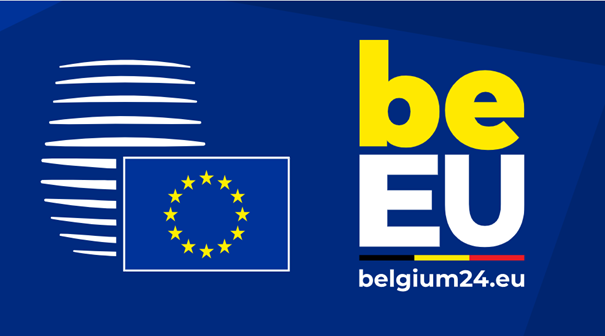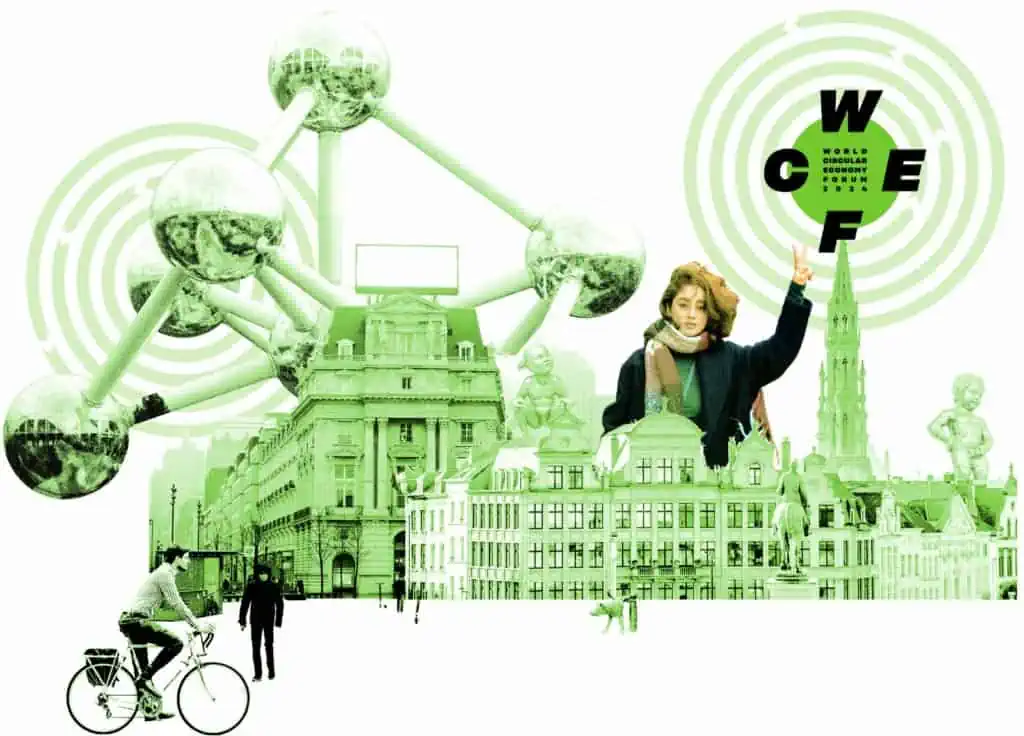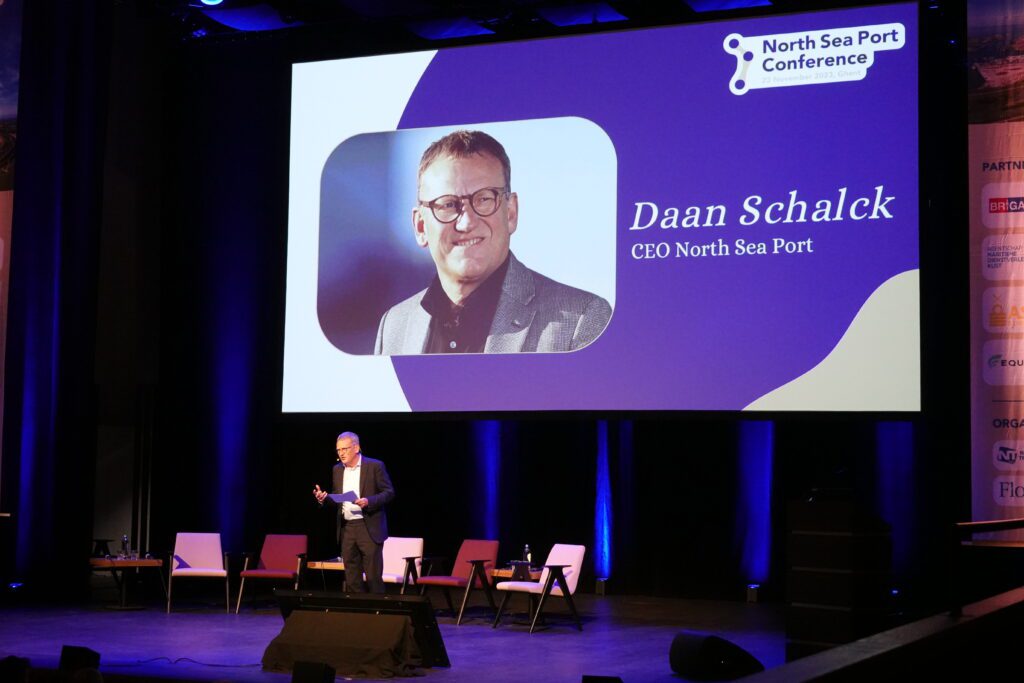Circular Economy Conference: “Europe’s Leading Role in Mainstreaming Circular Practice”
Belgium holds the Presidency of the Council of the European Union from 1 January 2024.
The Belgian Presidency aims to advance the European agenda and promote cooperation between Member States. The Belgian Presidency has a number of priorities, including the ecological transition and the transformation of our economy.
The development of a circular economy and a climate-neutral society are key themes in the Belgian Presidency’s programme.
Connecting with the World Circular Economy Forum
During the week from 15 to 18 April 2024, companies, knowledge institutions and NGOs from around the world will come to Belgium in order to exchange knowledge about circular innovation. The week kicks off with the World Circular Economy Forum (WCEF) on 15 and 16 April in Brussels where new insights, powerful practical examples and lots of networking opportunities are planned. Belgian and European cases and studies will also be discussed but here we can learn mainly how the rest of the world is tackling the transition to a circular economy. The European track during this WCEF will be shaped by the EU Belgian Presidency together with DG Environment, the European Circular Economy Stakeholder Platform (ECESP), and the European Social Economic Committee. This will further integrate and strengthen the European vision, making the event a crucial contribution to the circular economy agenda at the global level.
Circular Economy Conference during the EU Presidency
The day after the WCEF, on 17 April 2024, we will take international visitors on a tour of Belgium’s circular doers and initiatives. This event, which like the WCEF will also take place at the Square in Brussels, will show how the circular economy has grown from niche initiatives to a full-fledged alternative economy. However, there are still many challenges facing our businesses and consumers. Through actual cases, research and testimonials from keynote speakers, we will provide our visitors with an idea of how these bottlenecks can be addressed. The objective is to interact effectively with the participants in each session, allowing for learning from each other and with each other in all directions.
Exploratory round
Starting the day from policy and research perspectives: how they see evolution and the International Resource Panel (IRP), the European Environmental Agency, and representatives of the European Commission. In order to make the full transition, the linear economy must also be phased out. Change is difficult, so we look at how this is being done in Belgium and other countries: what governance is needed in order to achieve a new economic system, how are we going to measure whether the change is happening fast enough and in the right direction? This opening lays the groundwork for a day full of insights and inspiration.
Inspiring stories to inspire action
The plenary session will be followed by a presentation of exciting circular economy cases in Belgium and Europe, focusing on innovative approaches and practices. Eight workshops (two teams of four in parallel sessions) will whet the appetite for more, for more action, which is the aim of each session. Through a public-private partnership (with representatives from the different regions, circular economy companies, midfield organisations and knowledge institutions), we will encourage the public to share their own experiences and learn from the proposed cases. Topics already on the agenda include the bio-economy, circular construction and the circular city, chemicals and plastics, manufacturing with a focus on repair hubs and batteries, circular procurement, repair and life extension, chemicals and plastics, monitoring and indicators with a focus on digitalisation, systems innovation and hub operations in Europe.
With this diverse approach, the Circular Economy Event during the Belgian Presidency promises to make a valuable contribution to the global discourse on the circular economy and the further development of sustainable solutions.
Closed Informal Council
In addition to the public program, there will also be a closed session where policy experts will have the opportunity to discuss in depth and develop strategies for the further implementation of circular economy principles within Europe.
This post Circulaire Economie Conferentie (europa.eu) first appeared on the europa.eu website.


